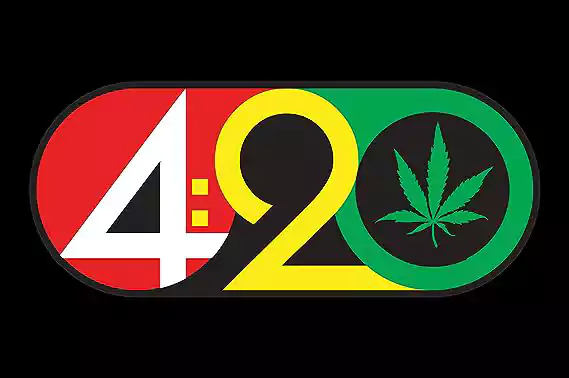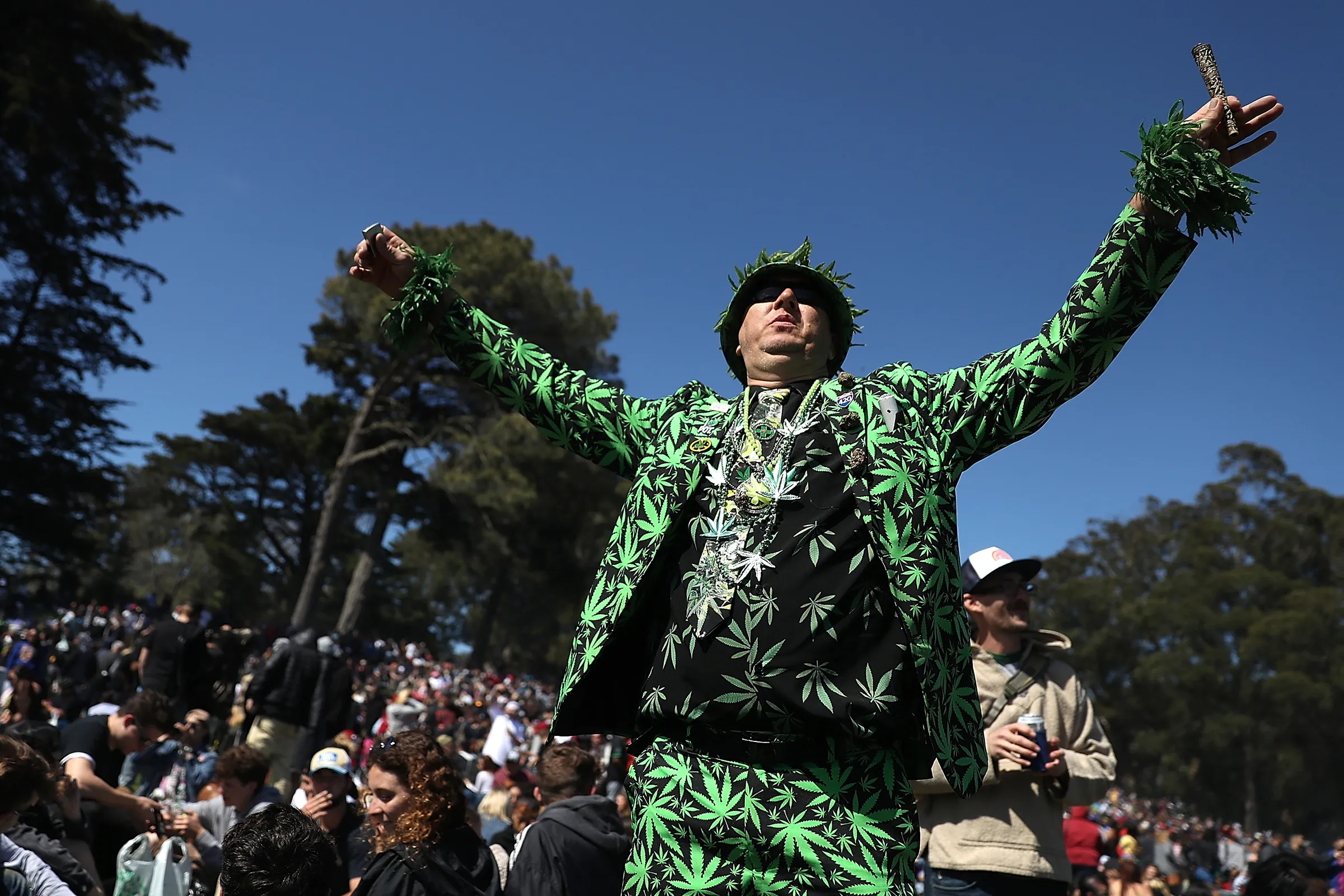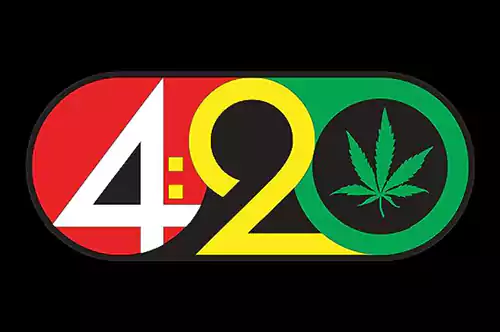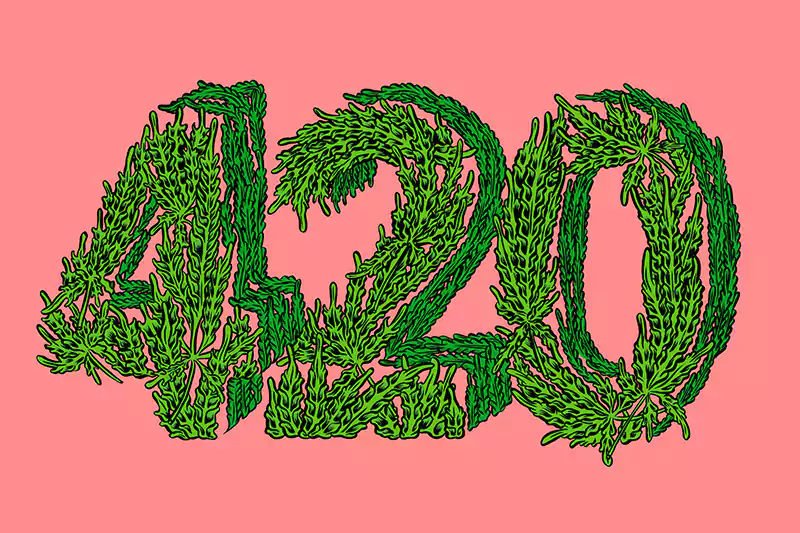Introduction
The phrase "4/20" has become synonymous with cannabis culture, often evoking a sense of camaraderie and celebration among enthusiasts. But what exactly does 4/20 mean? In this article, we delve into the origins, significance, and evolving symbolism behind this iconic date.

Origins and Significance
The origins of 4/20 can be traced back to a group of high school students in California in the early 1970s. They would meet at 4:20 p.m. after school to search for an elusive abandoned cannabis crop rumored to be hidden in the nearby hills. Their code phrase, "4:20 Louis," eventually shortened to simply "4:20," became a shorthand way to refer to their shared pursuit.
Evolution and Cultural Spread
Over time, the term 4/20 transcended its original context and evolved into a symbol of cannabis counterculture and solidarity. As word spread, the significance of 4/20 expanded beyond the initial group, gaining popularity among cannabis enthusiasts worldwide. It became a common reference point for gatherings, events, and activities related to cannabis consumption.
Global Celebrations
Today, 4/20 has become a global phenomenon celebrated by cannabis enthusiasts on the 20th of April each year. It serves as an occasion for people to come together, advocate for cannabis legalization, and partake in cannabis-related activities. From large-scale festivals to small, intimate gatherings, the day has transformed into a cultural celebration of cannabis.

Symbolism and Activism
Beyond its festive nature, 4/20 has also taken on a symbolic role in cannabis activism. Advocacy groups and individuals utilize the date to raise awareness about the benefits of cannabis, push for legalization, and discuss responsible consumption. It serves as a platform for promoting education, challenging stereotypes, and fostering dialogue about the social, medical, and economic impacts of cannabis.
Pop Culture Influence
The influence of 4/20 extends into popular culture, with references appearing in music, movies, and art. Artists and entertainers often incorporate the date into their work, further solidifying its place in mainstream consciousness. From subtle nods to overt references, 4/20 has become a cultural touchstone that resonates with a wide range of audiences.

Conclusion
4/20 has evolved from a simple code phrase to a globally recognized symbol of cannabis culture. Its origins rooted in a group of high school students have blossomed into a day of celebration, activism, and cultural significance. As cannabis legalization continues to spread, the meaning and impact of 4/20 will likely continue to evolve, reflecting the ever-changing landscape of cannabis acceptance and appreciation. Whether as a time to gather with friends, advocate for change, or simply enjoy the plant, 4/20 remains a cherished date in the hearts of cannabis enthusiasts worldwide.









